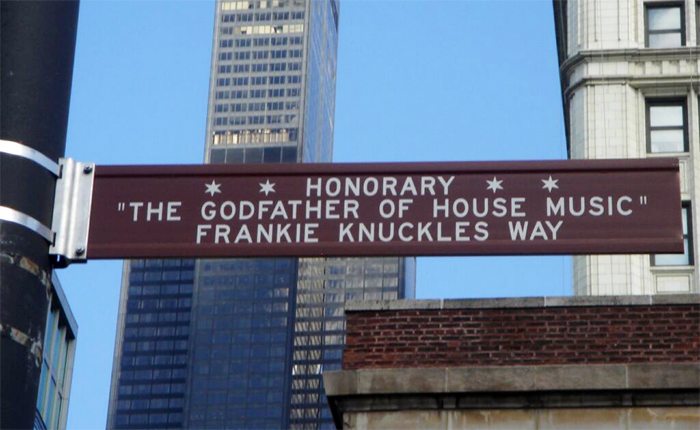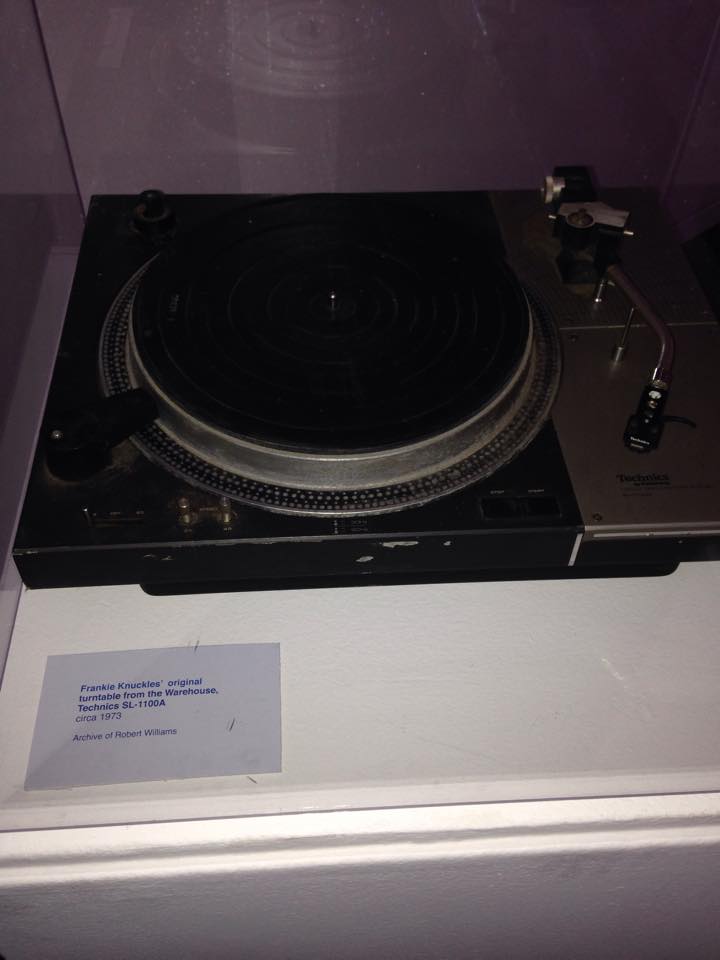Is there a question that house music not came from Frankie Knuckles?
Let’s find out the life and legacy of the man who gave life to every aspect of electronic dance music culture!

Frankie Knuckles first encountered the disco and dance scene as a teenager, gaining his initial opportunity to stand in front of the turntable in 1972. His friend Larry Levan shared a deep interest in disc jockeys, and together, they assisted in organizing parties with Nicks Siano (DJ in The Gallery). During this period, they also contributed to events at the Continental Baths, providing Knuckles with the chance to refine his DJ skills from 1972 to 1976.
Robert Williams, the person behind opening The Warehouse and the Music Box, the first after-hours clubs in Chicago, which played a significant role in the history of dance music, later moved to New York. There, he met Knuckles through a common friend. When Larry Levan decided not to play there, Robert hired Knuckles as the DJ. During this period, Knuckles became the main DJ at the famous Warehouse, and it was through his innovative mixing techniques that House music evolved from Disco and RnB. The year 2004 saw the renaming of the block where the Warehouse stood to be Honorary Frankie Knuckles Way.
Chicago was a DJ town.


5 Iconic Tracks from the Pioneer of Chicago House by Frankie Knuckles

Your Love”(1986) and “Baby Wants to Ride”(1987)
“Tears”(1989), with Satoshi Tomiiee and Robert Owens; “The Whistle Song”(1991);
His remixes of Chaka Khan’s “Ain’t Nobody”(1989)
Sounds of Blackness’s “The Pressure” (1992)
Hercules and Love Affair’s “Blind” (2008)


Knuckles left Warehouse in November 1982, opening the Power Plant a few months later.
After Frankie Knuckles, Ron Hardy (a name we’ll remember, stay tuned!) took over as the DJ at the Warehouse’s new venue.
Not long after, young DJ Derrick May from Detroit, upon hearing Frankie Knuckles for the first time, assisted him in enhancing his mixes by selling him a drum machine. It was a period when many DJs in both Chicago and Detroit were engaging in similar practices.

While most Chicago house music stayed limited to the dance charts in the United States, it gained popularity internationally. House music, along with Detroit techno (a genre Derrick May was instrumental in pioneering), not only produced chart hits abroad but also influenced a new style of clubbing.
Let’s pay our respects and express eternal gratitude to Frankie Knuckles, who passed away at the age of 59 for undisclosed reasons. As one of the most prolific house music producers and remixers in the Eighties and Nineties, Knuckles undeniably holds a place among the dozen most influential DJs in history.
Stay tuned for more updates from me (TD) on house music, its history, artists, and more!